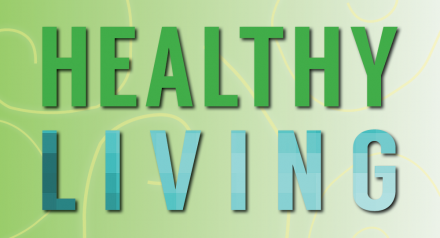
Most of us take some form of prescription medication. Medication safety is vitally important and Dr. Connie VanOrman, director of pharmacy services at Habersham Medical Center, encourages patients to be pro-active in their care and know what medications they are taking.
Habersham Medical Center provides a free form on its website, www.habershammedical.com, that patients can print off and list their current medications and allergies. This list allows the patient to keep a record of their medications in their wallet at all times, so if they need to seek emergency medical attention and/or can’t speak, a list of current medications will be available. It is imperative that all patients communicate an accurate medication history to their healthcare providers during all routine and emergent medical visits.
“Healthcare providers need to know full details of a patient’s health history in order to provide optimal care for that patient,” says Dr. VanOrman. “Medication history is a very large piece of the information needed to make the best clinical decisions in patient care. For example, knowledge of your medication allergies is very important, because we don’t want to prescribe a mediation that may cause harm to a patient. We also do not want to add a medication that may interact with something the patient is currently taking and cause a potentially harmful drug interaction. If patients keep an updated medication list handy, this can be a very simple way to help the provider make the best decisions.”
Also, many people believe that “natural products” and over-the-counter medications cannot be harmful, because they aren’t “prescription medications.” This is far from the truth and these items have the same potential to interact with prescription medications or cause harmful effects when misused or combined in the wrong manner. Always list all natural products and over-the-counter products that you are taking when providing your medication history to your healthcare provider.
Each time you get a new medication filled at the pharmacy, be sure your pharmacist or physician has answered the following questions:
1. What is this medication used for?
2. How does this medication work?
3. How am I supposed to take the medication?
4. Should I take it with or without food?
5. What are the side effects of the medication?
6. Are there any drugs, dietary supplements, or natural medicines that interact with this medication?
7. Can I drink alcohol while taking this medication?
8. How long before I see the effects of this medication?
9. How long do I need to take this medication?
10. What do I do if I miss a dose?
11. How should this medication be stored?
“I always tell my patients that they have the right to ask questions about their care and be fully informed,” adds Dr. VanOrman. “It is important to have the knowledge to make the best decisions for yourself and your family.”
Here are some other medication safety tips:
- Make sure you can visually recognize your medications by color, size, shape, and markings.
- Keep a list of your medications with you at all times.
- Don’t wait until you run out of your medication to get it refilled. If your pharmacy offers a refill reminder service, sign up to use the free service.
- If possible, purchase all your medications at one pharmacy. It is very important that the pharmacist filling your medications has a complete and accurate medication profile so that he/she can fully educate patients about any new or existing medications that may be prescribed.
- Follow the instructions exactly – know when to take with food, when to avoid driving or operating heavy machinery, etc.
- Do not share your prescription medications. Your physician has prescribed those medications specifically for you and they are not intended for use by others and can be potentially harmful if taken by another person that they were not intended for.







